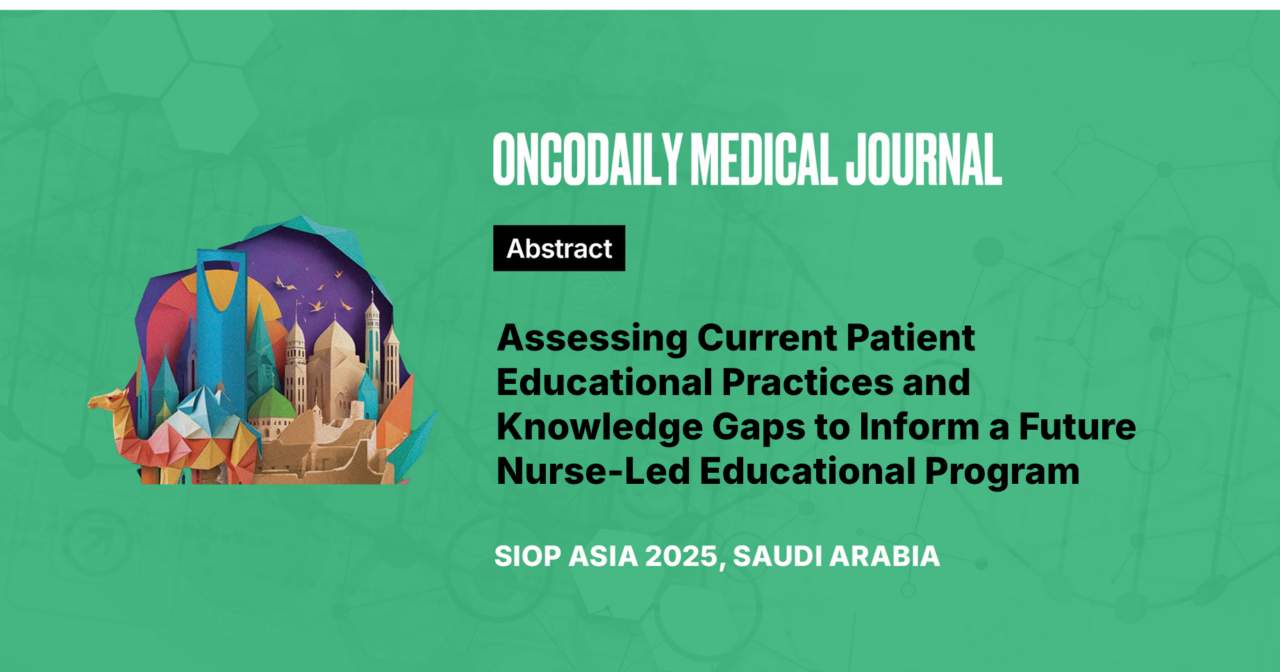Assessing Current Patient Educational Practices and Knowledge Gaps to Inform a Future Nurse-Led Educational Program
Abstract
Introduction: Pediatric cancer diagnosis and treatment present significant challenges for patients and families, necessitating effective education to improve understanding and coping. Nurses are pivotal in providing this education, yet gaps in pediatric oncology education remain underexplored. This study identifies these gaps and assesses nurses’ perspectives on educational practices, aiming to develop a nurse-led program to enhance care outcomes and patient-family experiences in pediatric oncology.
Methodology: A mixed-methods study was conducted with two participant groups: 50 pediatric oncology nurses from An-Najah National University Hospital and Augusta Victoria Hospital, and 10 pediatric oncology patients from An-Najah National University Hospital. The quantitative phase utilized the Nurses’ Patient Education Questionnaire to identify educational gaps and evaluate current practices. The qualitative phase included semi-structured interviews with patients and caregivers to explore specific educational needs, barriers, and challenges. Integration of findings provided a comprehensive understanding of perspectives across stakeholders.
Results: The study revealed significant gaps in educational practices and resources. Nurses recognized the importance of education but faced challenges such as time constraints, limited resources, and the absence of formal guidelines. Unmet needs included understanding diagnoses, care plans, and infection control. Patients and families reported requiring clear, personalized information and opportunities for clarification. Barriers included literacy, emotional distress, and low motivation.
Conclusion: This study highlights critical deficiencies in pediatric oncology education, underscoring the need for a structured nurse-led program. Such a program should include diverse teaching methods, sufficient resources, and specialized nurse training. By addressing educational barriers, it would empower families in home care, improve communication with healthcare providers, and enhance patient understanding. Implementing this program has the potential to significantly improve the quality of care and outcomes for pediatric oncology patients and their families.





